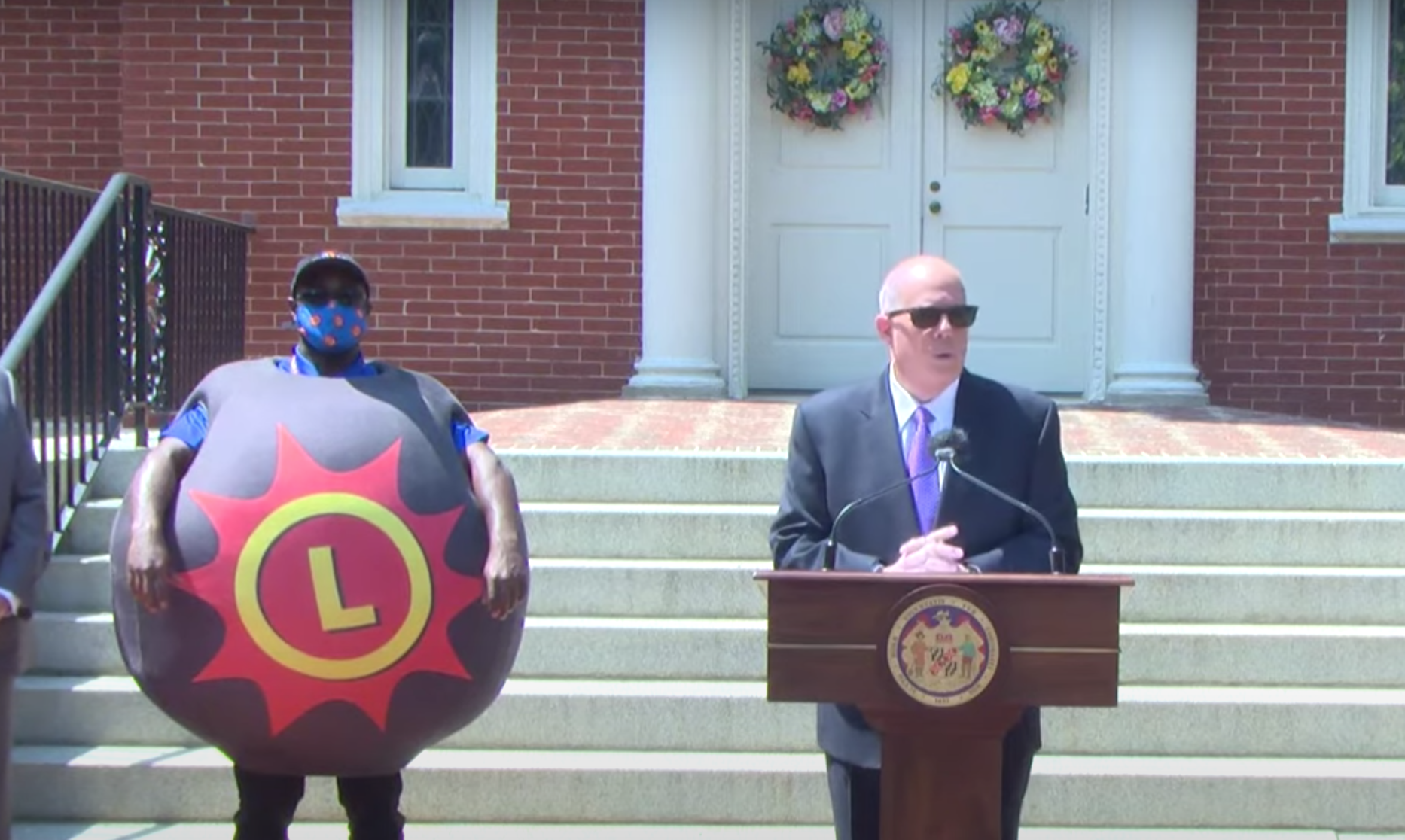How States are Incentivizing Their Citizens to Get Vaccinated
It’s late May, and things are looking up. People are emerging from their sheltered, quarantined life to a world full of lifted mask mandates, opened indoor dining, and COVID-19 vaccinations. The U.S. recently reached 53% of adults vaccinated, and President Joe Biden hopes to raise that number to 70% by July 4th. While there was initially concern about vaccine efficacy and side effects, that concern has greatly subsided as a majority of Americans made the decision to get the shot. Still, Michigan’s vaccine rollout has stalled due to rates of hesitancy. To remedy this problem, Governor Gretchen Whitmer should take action to persuade Michiganders to get their COVID vaccines.
To encourage Americans to receive this emergency-use authorization vaccine, many other states have been providing additional incentives to citizens. I first heard about this when my home state of Maryland announced a partnership with the Maryland lottery on May 5th called VaxCash. Through this program, the Maryland Lottery is giving out $40,000 for 40 consecutive days to random individuals who received their shot in Maryland, totaling $2 million in incentives. Each day until July 4th, a resident of a different Maryland county is receiving free cash for doing their civic duty and protecting themselves and others from COVID. What could be more exciting than free money?
Michigan’s vaccine rollout has stalled due to rates of hesitancy. To remedy this problem, Governor Gretchen Whitmer should take action to persuade Michiganders to get their COVID vaccines.
In Michigan, however, the only vaccination incentive is a lift on the gathering and masking restrictions. The mask mandates and gathering restrictions have already been lifted in numerous states, putting Michigan behind Maryland and others who are helping their economies get back on track. COVID case totals in Michigan are down to the numbers from last July without people avoiding in-person interaction, but they could be far lower with improved vaccination rates. It is therefore imperative that Michigan gets with the program and begins to offer a vaccine incentive.
Nineteen states have offered financial or pro-business incentives to citizens who receive their COVID vaccine between May and July, recognizing the public health and financial benefits that arise from encouraging mass vaccination. Some of the best include lifetime hunting and fishing licenses from West Virginia, four-year free tuition to any Ohio public universities for Ohioans, and a free beer in New Jersey at participating breweries.
What could be more exciting than free money?
Private companies like L.L.Bean did business with the Maine Department of Health and Human Services to encourage vaccinations, selling 10,000 $20 gift cards for resident use, while Maine HHS also bought 5,000 tickets for the Portland Sea Dogs, a Double-A affiliate of the Red Sox. Michigan, which is falling behind about half of all American states on vaccination rates, could excel in the fight to prevent COVID by partnering with businesses like Meijer and Kroger that have a strong impact on communities in the Wolverine State.
The most notable incentive, however, comes from Washington state through a campaign released on June 8th called “Joints for Jabs.” The Liquor and Cannabis Board of Washington began this promotion by offering a “temporary allowance to state licensed cannabis retailers to provide one joint to adult consumers who receive a vaccination at an in-store vaccination clinic.” Getting the vaccine is so vital that Washington is paying to dole out a Schedule I controlled substance to its residents- one joint per shot. If I understand campus culture here at Michigan correctly, this could be the most effective vaccine incentive yet!
It could be that the state is too populous for financial rewards to make an impact on vaccination rates. California is offering 2 million $50 gift cards to Kroger for its citizens, though, indicating that the size of the state does not preclude it from encouraging vaccinations with money. As the rate at which shots are administered in Michigan stagnates, something other than the promise of lifting the mask mandate needs to occur from Gov. Whitmer’s office to keep Michigan on pace with the rest of the country.
Getting the vaccine is so vital that Washington is paying to dole out a Schedule I controlled substance to its residents.
It’s time for Whitmer and the Michigan Department of Health and Human Services to take a play from Maryland’s playbook and provide its residents with hope and, if they’re lucky, cold, hard cash.
